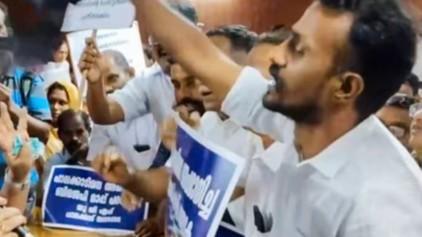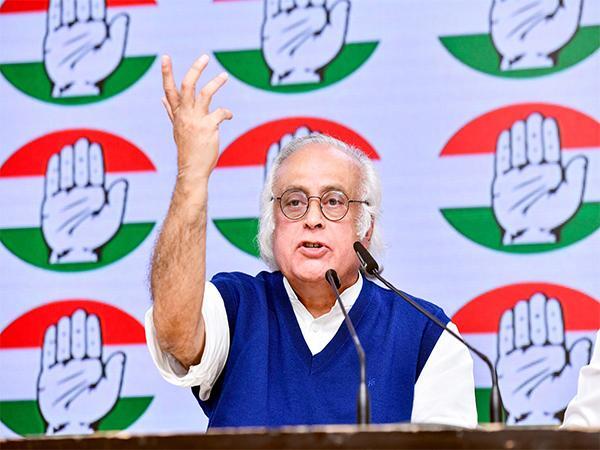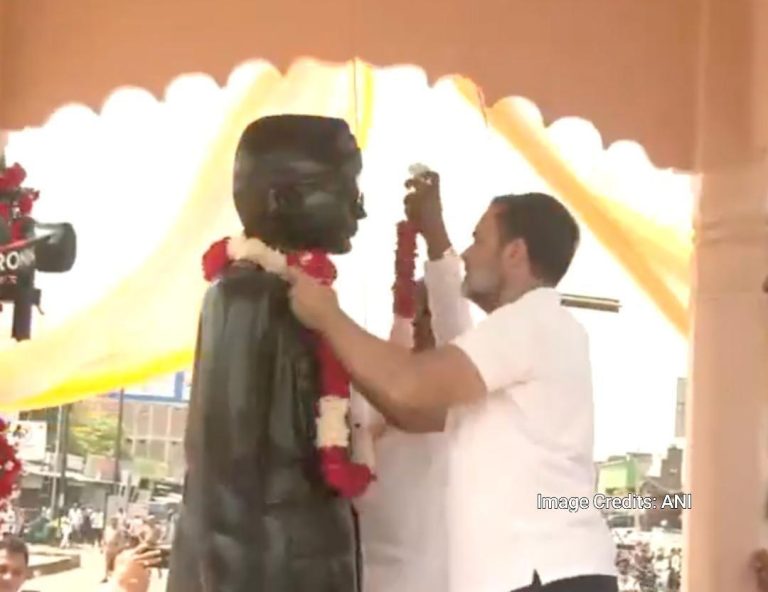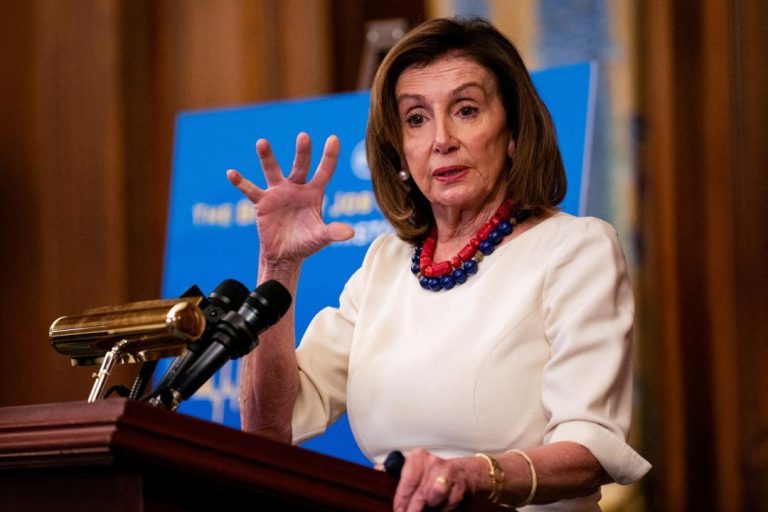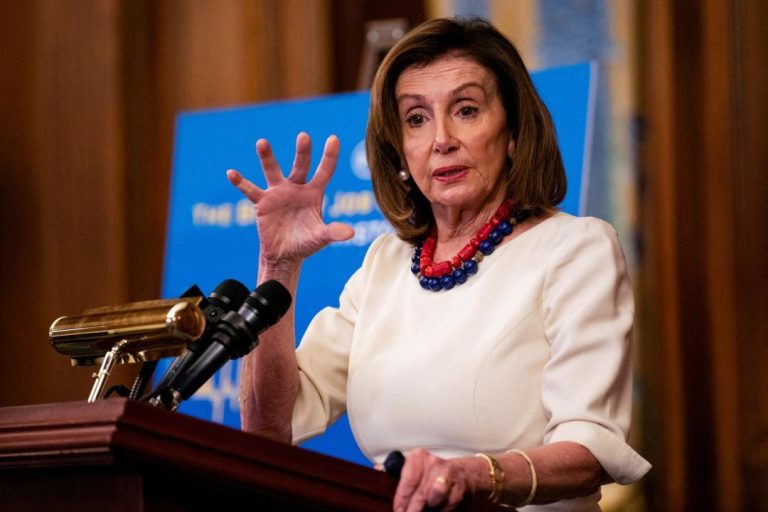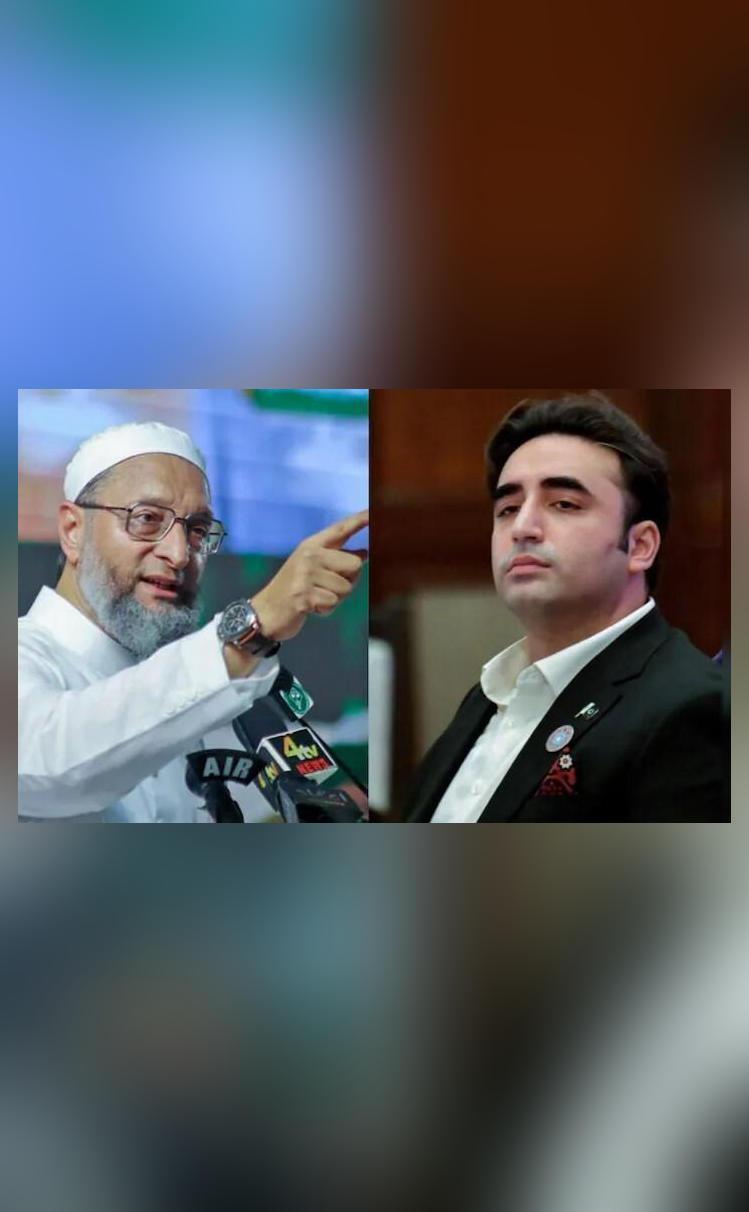
Title: You Can’t Run Pakistan Without US Help & You’re Trying to Stare Us Down: Owaisi to Bhutto
The recent remarks by Pakistani politician Bilawal Bhutto Zardari, threatening to release blood instead of water from the Indus River, have sparked a heated debate in the political arena. AIMIM chief Asaduddin Owaisi, known for his sharp tongue, has responded to Bhutto’s comments, saying that Pakistan cannot run without the support of the United States and that Bhutto is trying to stare him down.
Bhutto’s “blood will flow” remark was made during a press conference where he was discussing the recent terror attacks in Pakistan, including the Pahalgam attack that left several people dead. Bhutto’s mother, Benazir Bhutto, was assassinated in 2007, and the incident has had a significant impact on his life and political career.
Owaisi, in his response, made a direct reference to Bhutto’s mother’s assassination, saying, “Terrorism killed [his mother]…If he doesn’t get that, what will you explain to him?” The AIMIM chief also took a jibe at Bhutto’s threat, saying that unless the US gives Pakistan something, the country cannot run and that Bhutto is trying to stare him down.
Owaisi’s comments have sparked a debate about the role of the United States in Pakistan’s politics. Many have argued that Pakistan is heavily dependent on US aid and military support, and that Bhutto’s remarks are an attempt to deflect attention from the country’s internal issues.
Pakistan and the US have had a complex relationship over the years, with both countries supporting each other in various ways. The US has provided significant aid to Pakistan, including military assistance, and has also supported the country’s efforts against terrorism. However, the relationship has been strained in recent years, with some critics arguing that the US is using its aid to manipulate Pakistan’s politics.
Bhutto’s remarks, while seen as provocative by some, are also seen as a reflection of the deep-seated tensions between Pakistan and India, particularly over the issue of Kashmir. The two countries have been in a state of conflict for decades, with both sides accusing each other of human rights abuses and terrorism.
Owaisi’s response to Bhutto’s remarks has also sparked a debate about the role of religion in Pakistani politics. Bhutto, a member of the Pakistan Peoples Party (PPP), has been accused of using religious rhetoric to gain political mileage. Owaisi, on the other hand, has been critical of the PPP and its leaders, accusing them of being divisive and polarizing.
The debate over Bhutto’s remarks has also highlighted the deep-seated divisions within Pakistani society. The country is home to a diverse population, with different ethnic and religious groups vying for power and influence. The politics of Pakistan are often shaped by these divisions, with different groups competing for resources and attention.
In conclusion, the debate over Bhutto’s “blood will flow” remark has highlighted the complex and often contentious nature of Pakistani politics. The country’s relationship with the US, its internal divisions, and its long-standing conflict with India have all contributed to a complex web of tensions and alliances.
As the debate continues, it remains to be seen how Bhutto and Owaisi will respond to each other’s remarks. Will Bhutto’s threat to release blood from the Indus River be seen as a provocative gesture, or will it be seen as a desperate attempt to gain attention and support? Will Owaisi’s response be seen as a clever attempt to deflect attention from Pakistan’s internal issues, or will it be seen as a divisive and polarizing remark?
Only time will tell, but one thing is certain – the debate over Bhutto’s remarks has highlighted the deep-seated tensions and divisions within Pakistani society, and will likely continue to shape the country’s politics for years to come.
